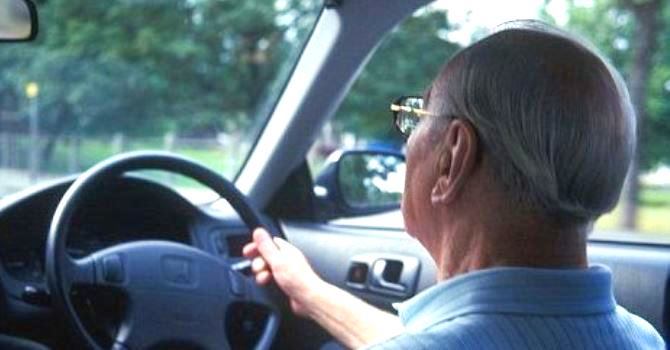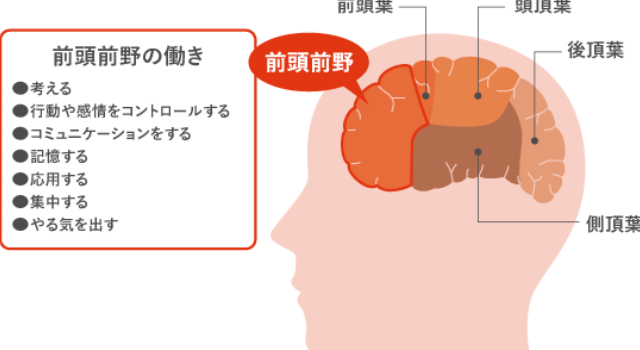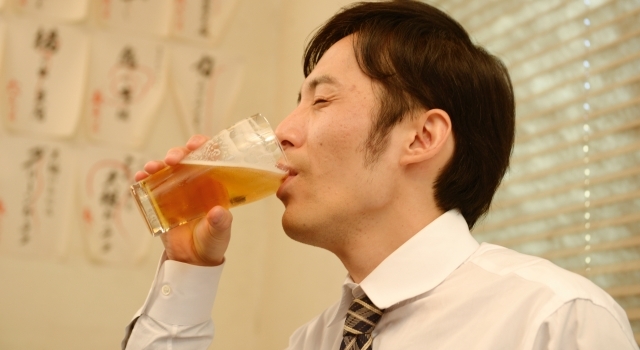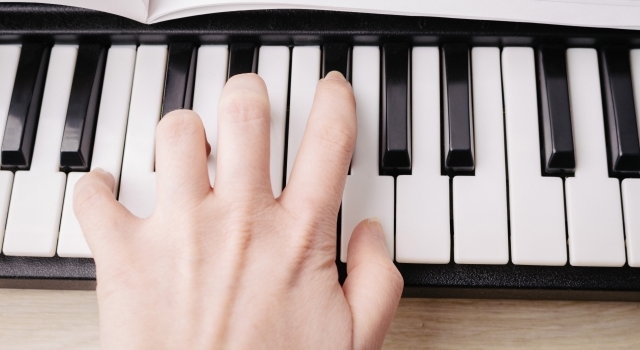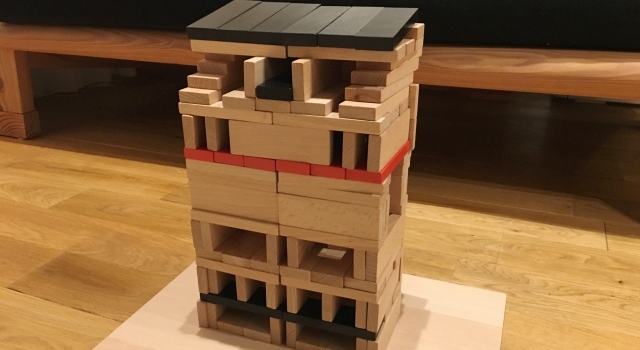According to statistics from Japan’s Metropolitan Police Department, traffic accidents caused by elderly drivers due to delayed responses and the lack of situation awareness was found to be around 81.5 percent.
Driving requires advanced cognitive functions (which declines with age) such as the ability to detect dangers in traffic conditions, sound judgment to avoid dangers and the ability to instantly maneuver. In many cases, elderly drivers intend to drive safely, but it may not be looked upon as “safe driving” from an objective viewpoint.
As aging societies increase in number, so does the rate of license retention by the elderly, and although encouraging voluntary return of an elderly’s license may prevent some traffic accidents, it does not provide a “quality of life” solution for them. In areas where automobiles are needed as a means of daily transportation and livelihood, taking this aspect away from an elderly can affect their independence and shrink the range of their living environment, greatly affecting the mind and body of the elderly.
So how should we prevent such accidents in an aging society? One of the initiatives is to develop a safe driving program to prevent accidents by providing education to the elderly and to support them to drive safely.
A program such as the one provided by the National Center for Health and Medical Research provides 10 on-the-job training sessions for 10 months and 10 drive simulator and vision training programs for elderly people with MCI (mild cognitive impairment).
After the program was implemented, it became clear that the safety driving skills of the elderly were greatly improved and the effect could be maintained even after one year, and it was found that elderly people have the ability to improve their safety driving skills.
However, traffic accidents are not only a problem for the elderly, but for all generations. From the age of around the 40s to 50s, it may be important to train, maintain and improve safe driving skills in anticipation of what is to come in the future.
